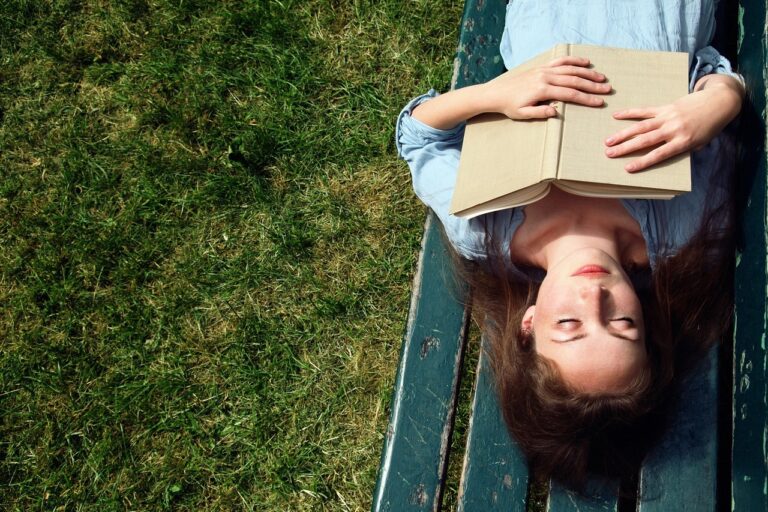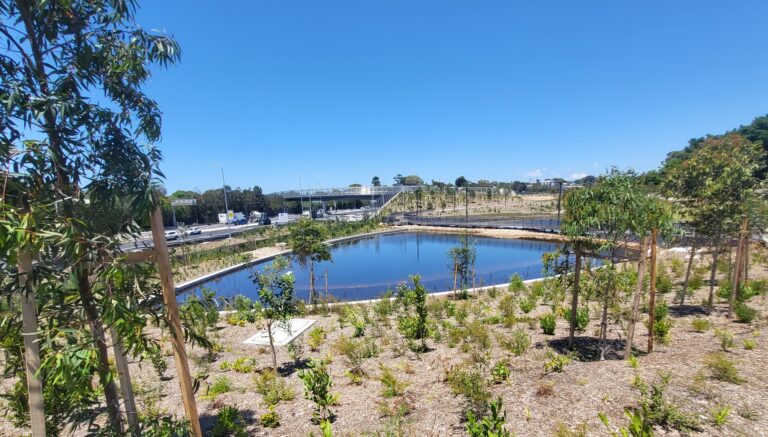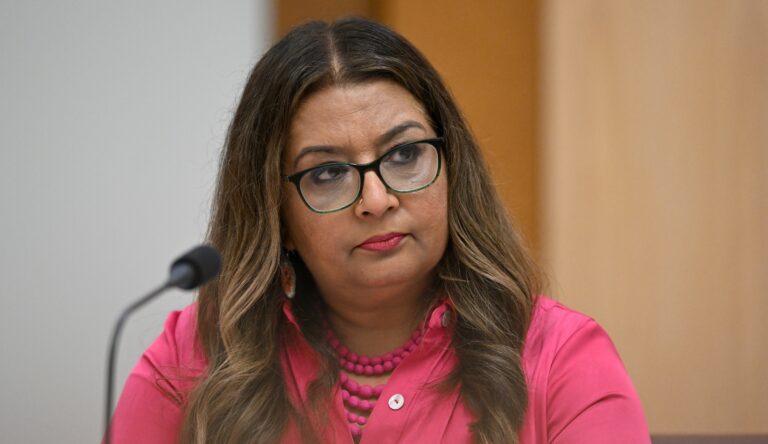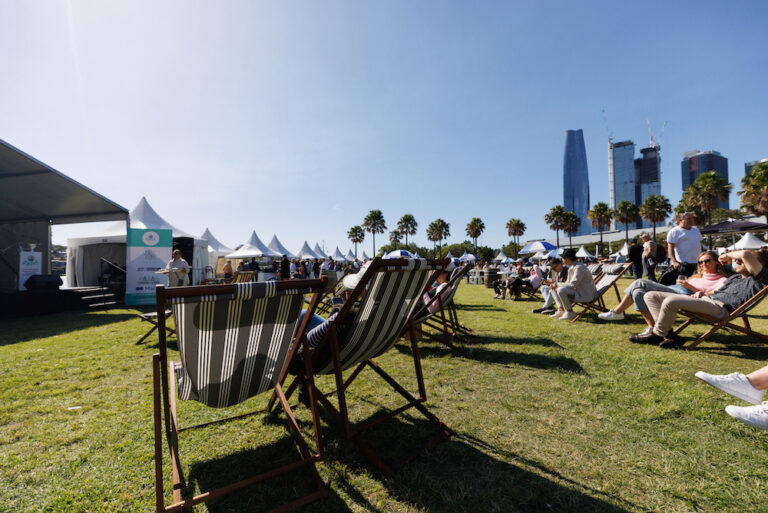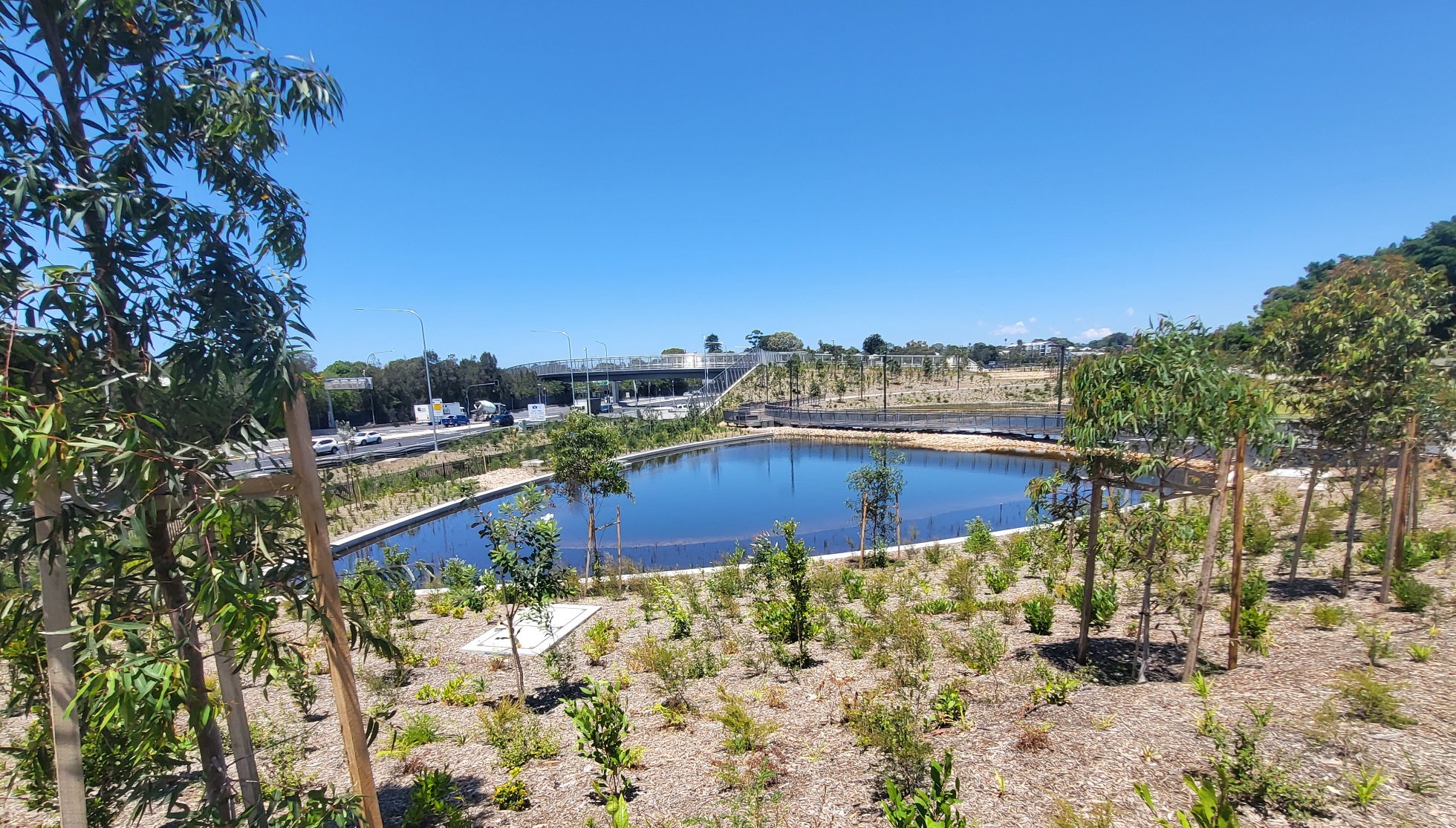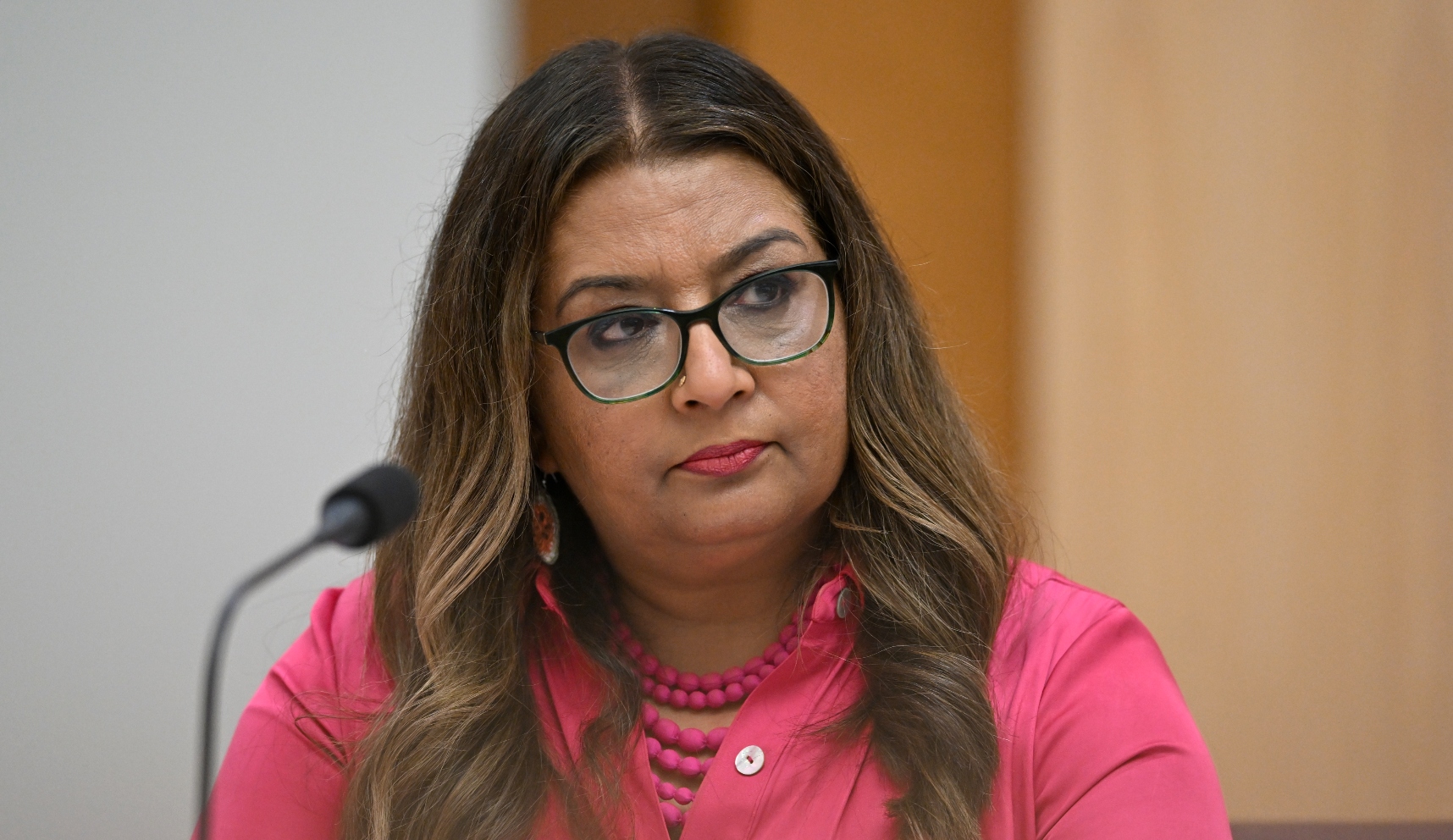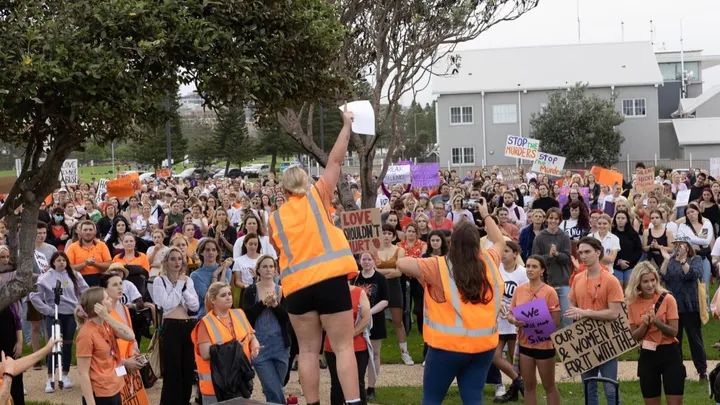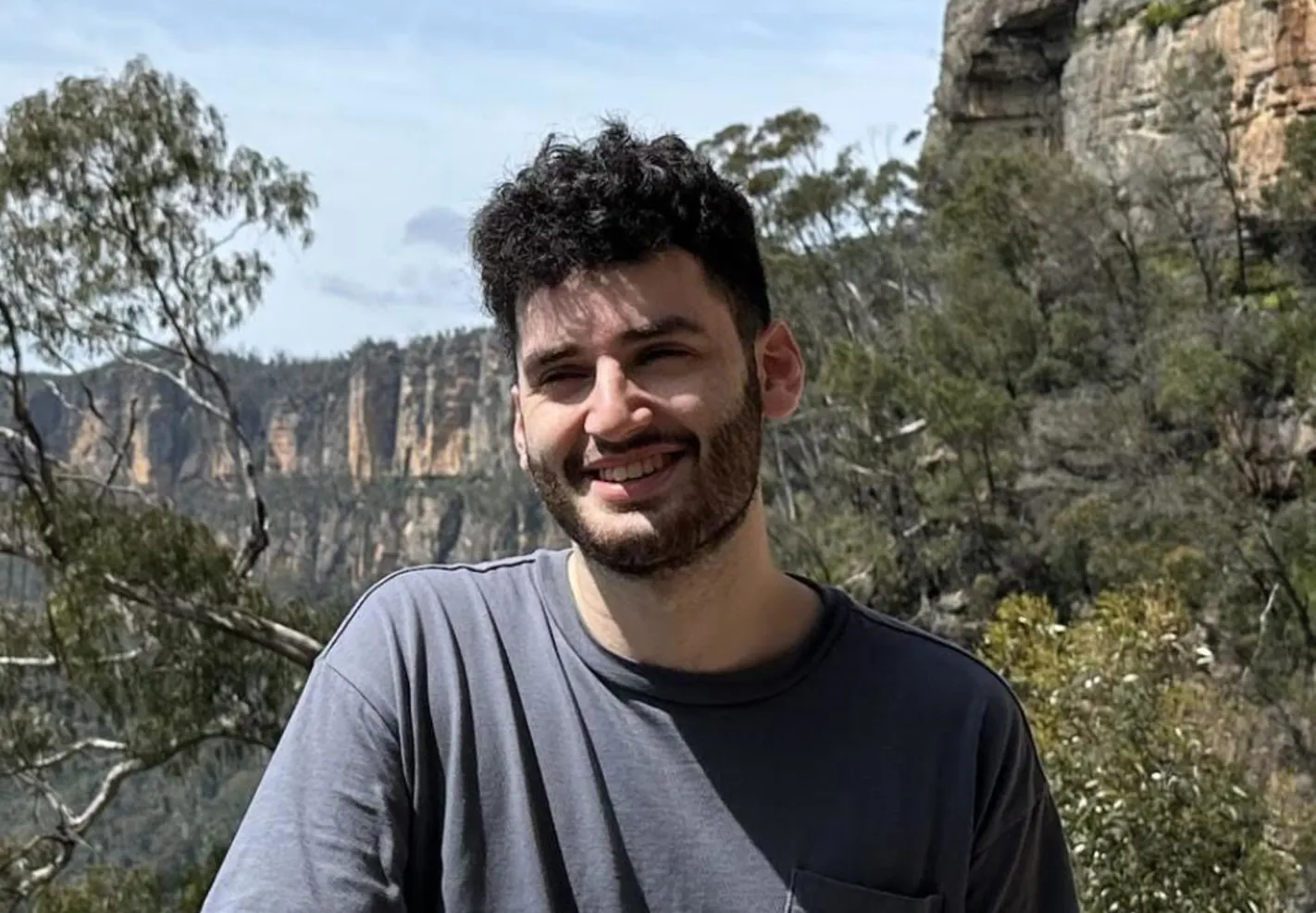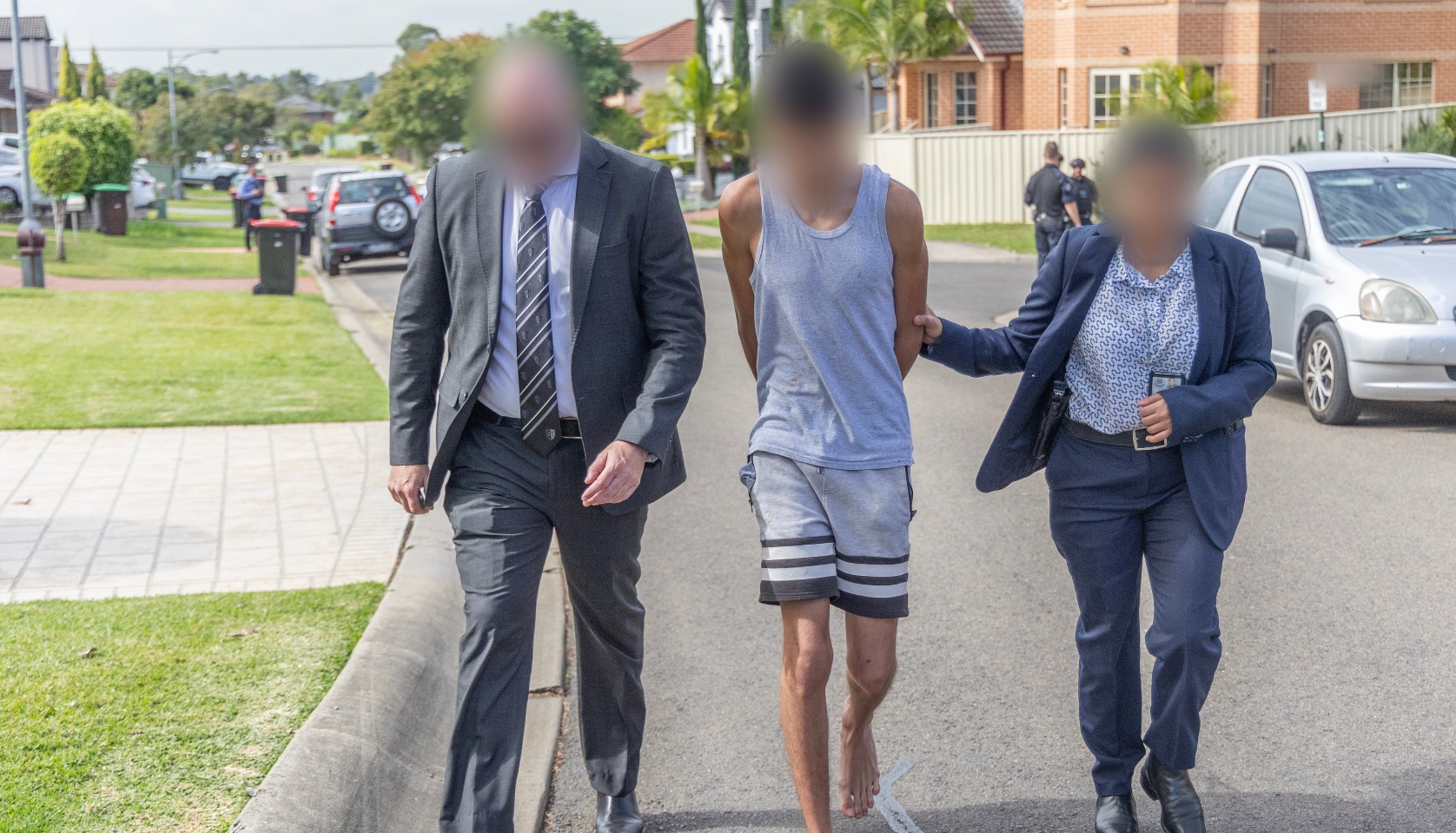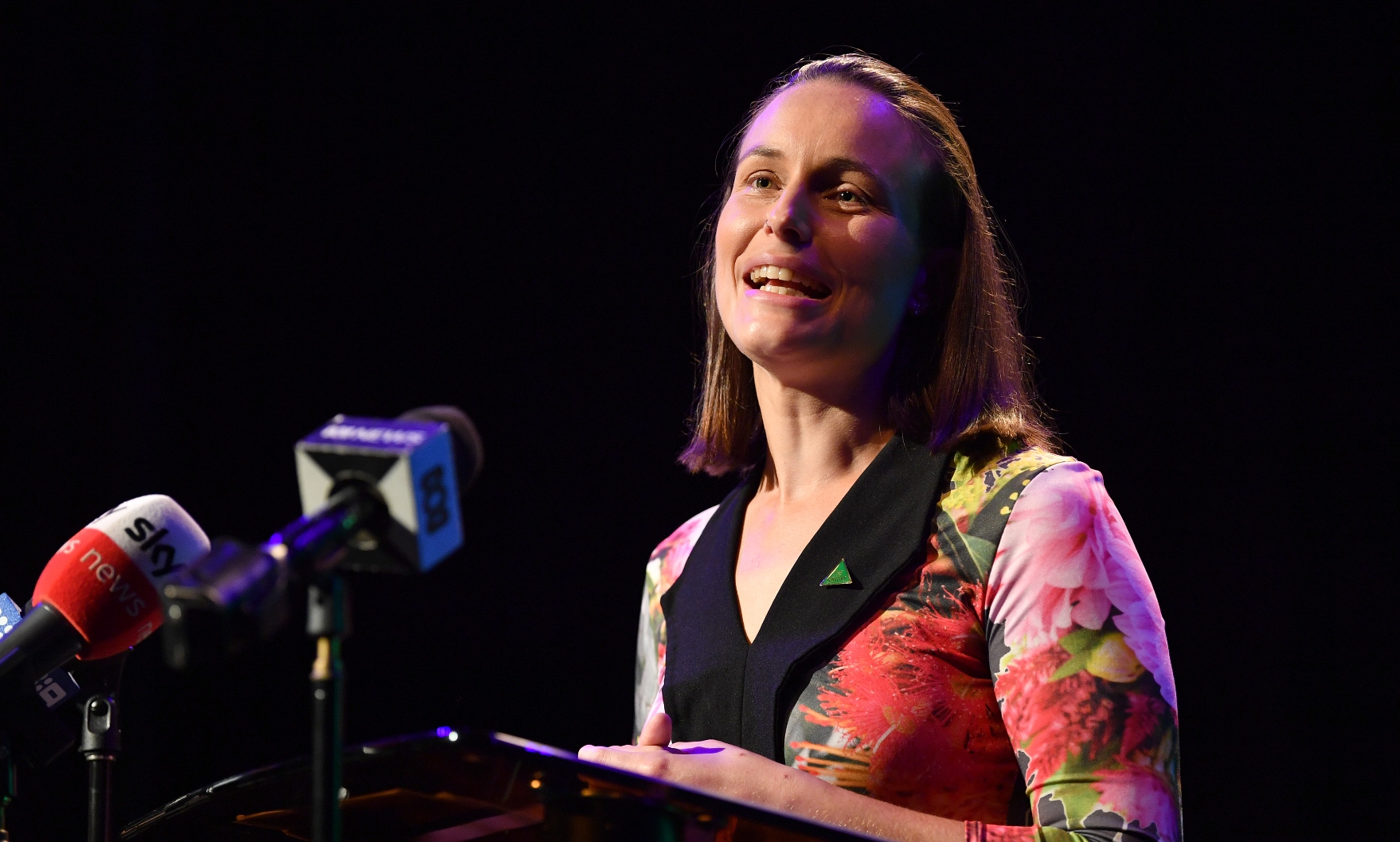
The way of the future? Mini eco trailer homes to be built in Summer Hill
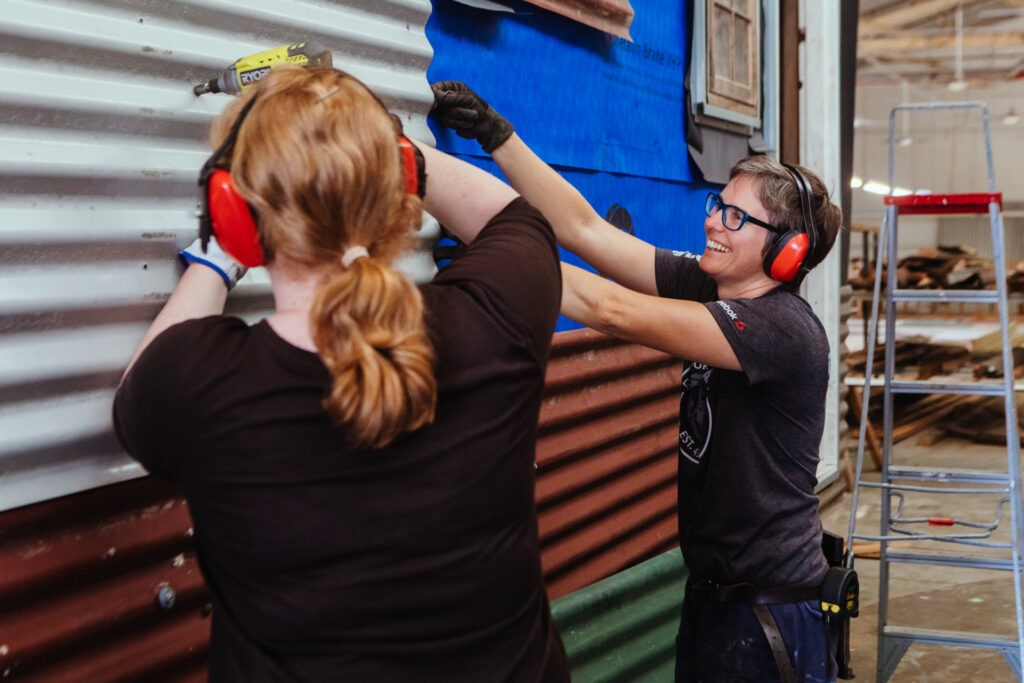
Image: Students at work at one of Bower's "tiny house" courses. Image: supplied.
By ROBBIE MASON.
Participants in a course run by environmental charity Bower will build an eco-friendly alternative trailer home, which will go to auction next month in Summer Hill, as locals rush to find alternative, more environmentally-sustainable, living options.
The training course, which begins on July 10, and eventual auction will unfold on a previous COVID testing site and Inner West Council depot, rendering the project a reclamation of territory for the local community. Renamed as the Inner West Sustainability Hub, Lord Mayor Darcy Bryne will officially open the site to public on 1 July.
According to Michelle Sheather, who is general manager of the award-winning environmental charity, the Bower is “the only organisation” in Australia to build these increasingly-popular tiny homes on wheels out of reused and refurbished materials.
Sheather said, “the idea of the tiny house being on wheels is that you can transport it around, a bit like a caravan,” she said.
“You can have it both in a residential area or a rural area. We have actually sold some before to an eco-park where people go and stay there as rental accommodation.”
Bower course designer James Galletly, aka The Upcyclist, said three instructors work with around 15 students to build a 4.8m so-called “tiny house” in just 6 days from “second hand building materials wherever possible”.
“All the framing timber, all the windows and doors and the cladding are all made using salvaged materials”, he continued, “only the trailer base, the bracing, insulation and fixings are made with new materials.”
Sheather elaborated further, explaining that reclaimed materials “come off building sites basically where houses or office blocks have been demolished.”
“Instead of those items going to landfill – and the building industry’s contribution to landfill, as you can imagine is enormous – they get reused in the tiny house. We also sell reclaimed buildings materials from our store in Marrickville.”

